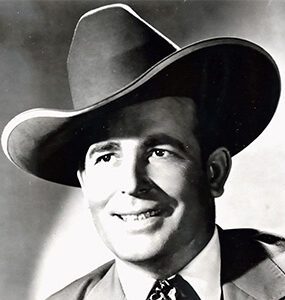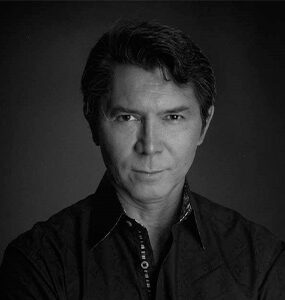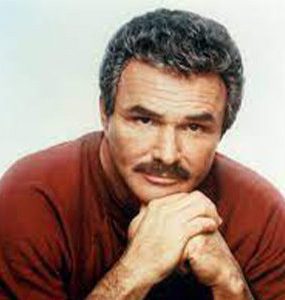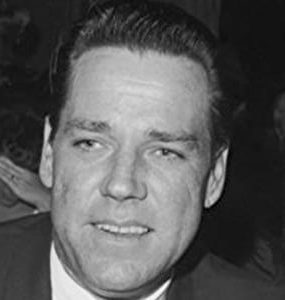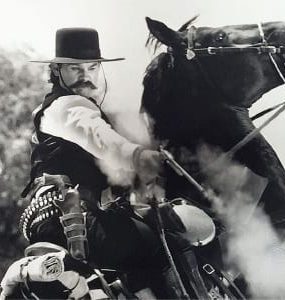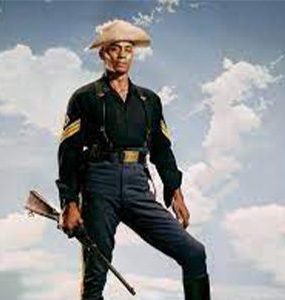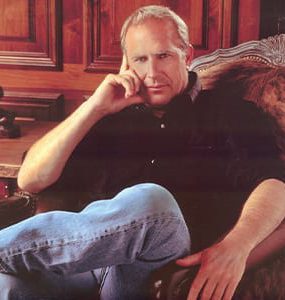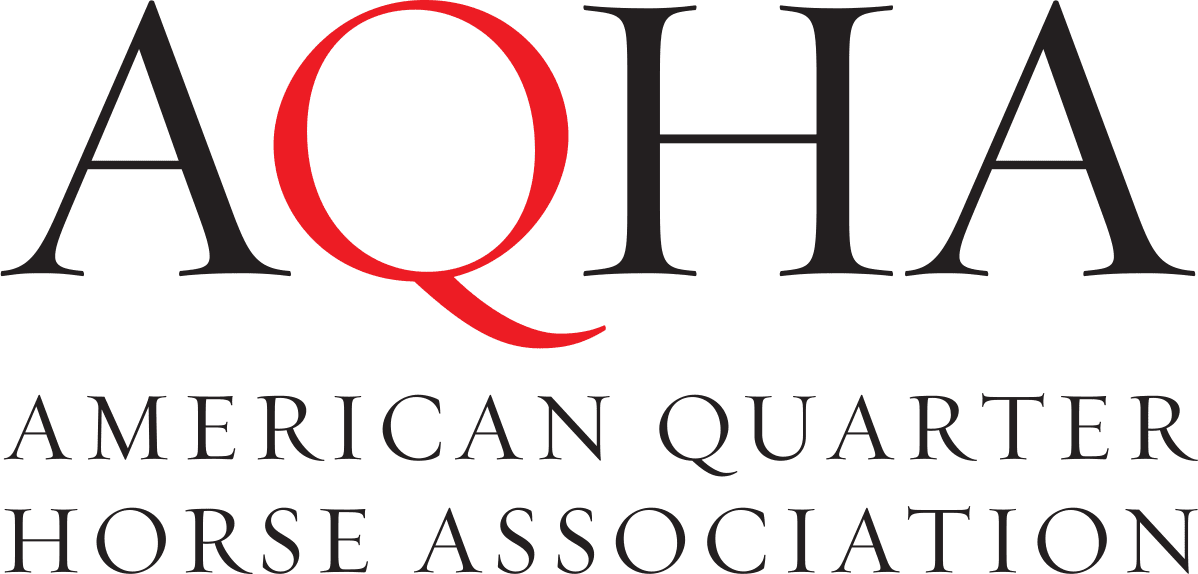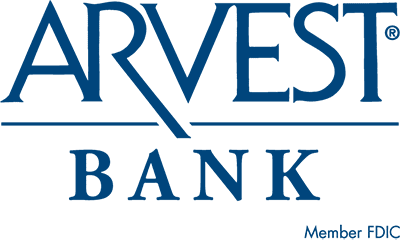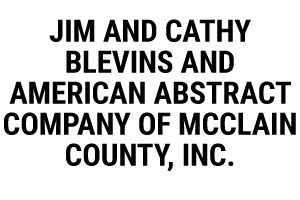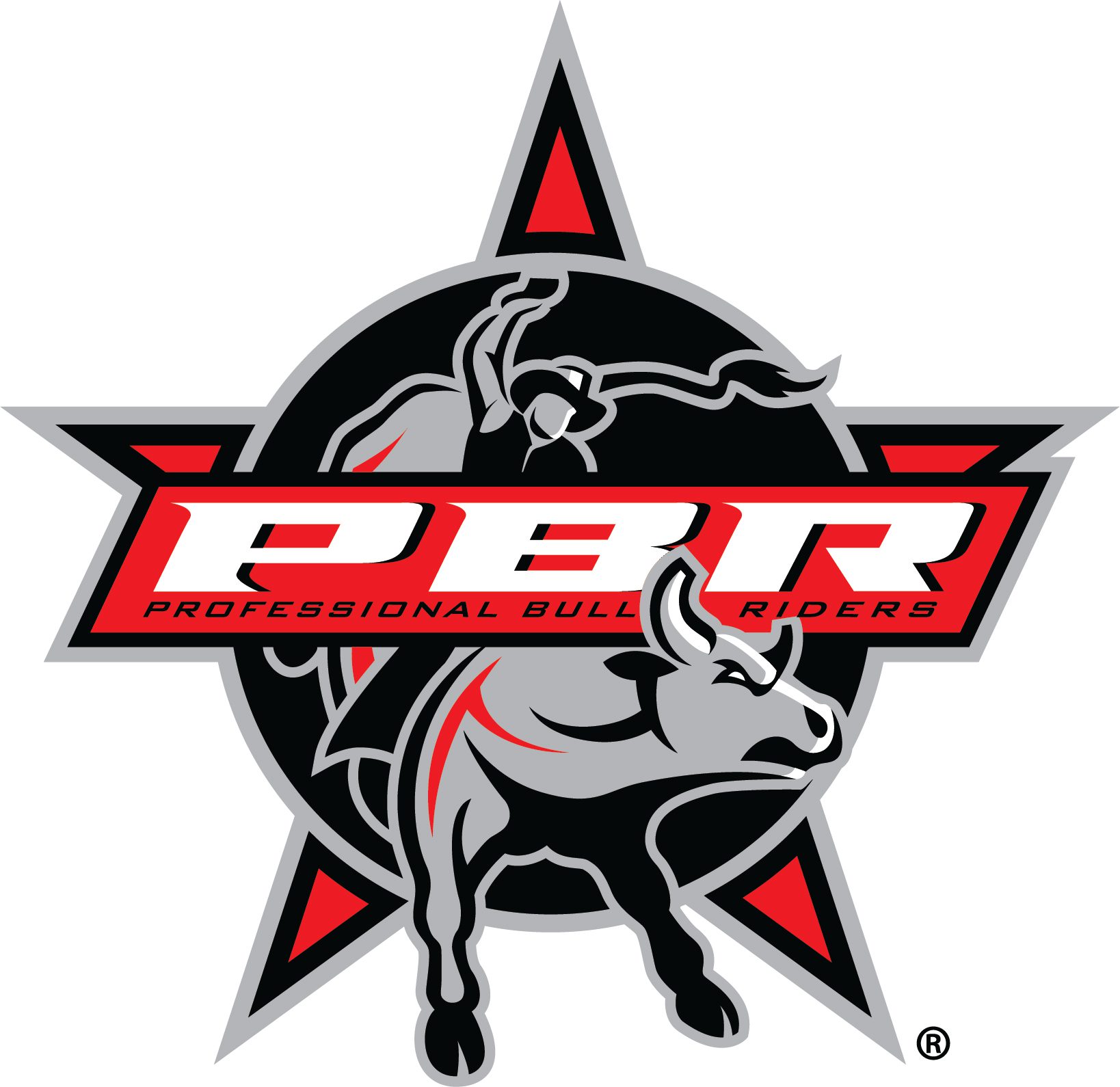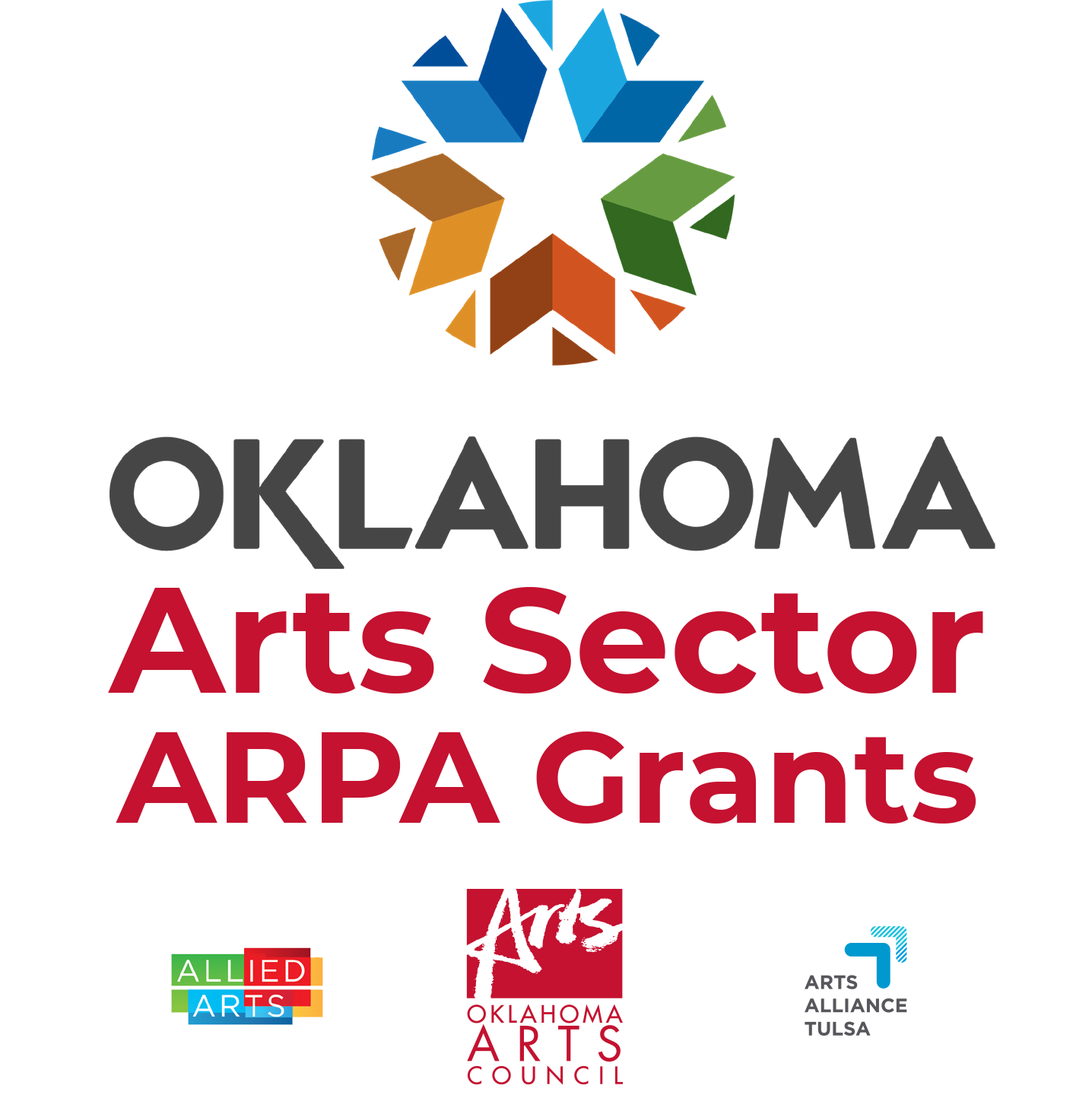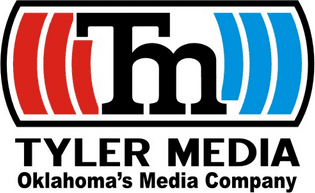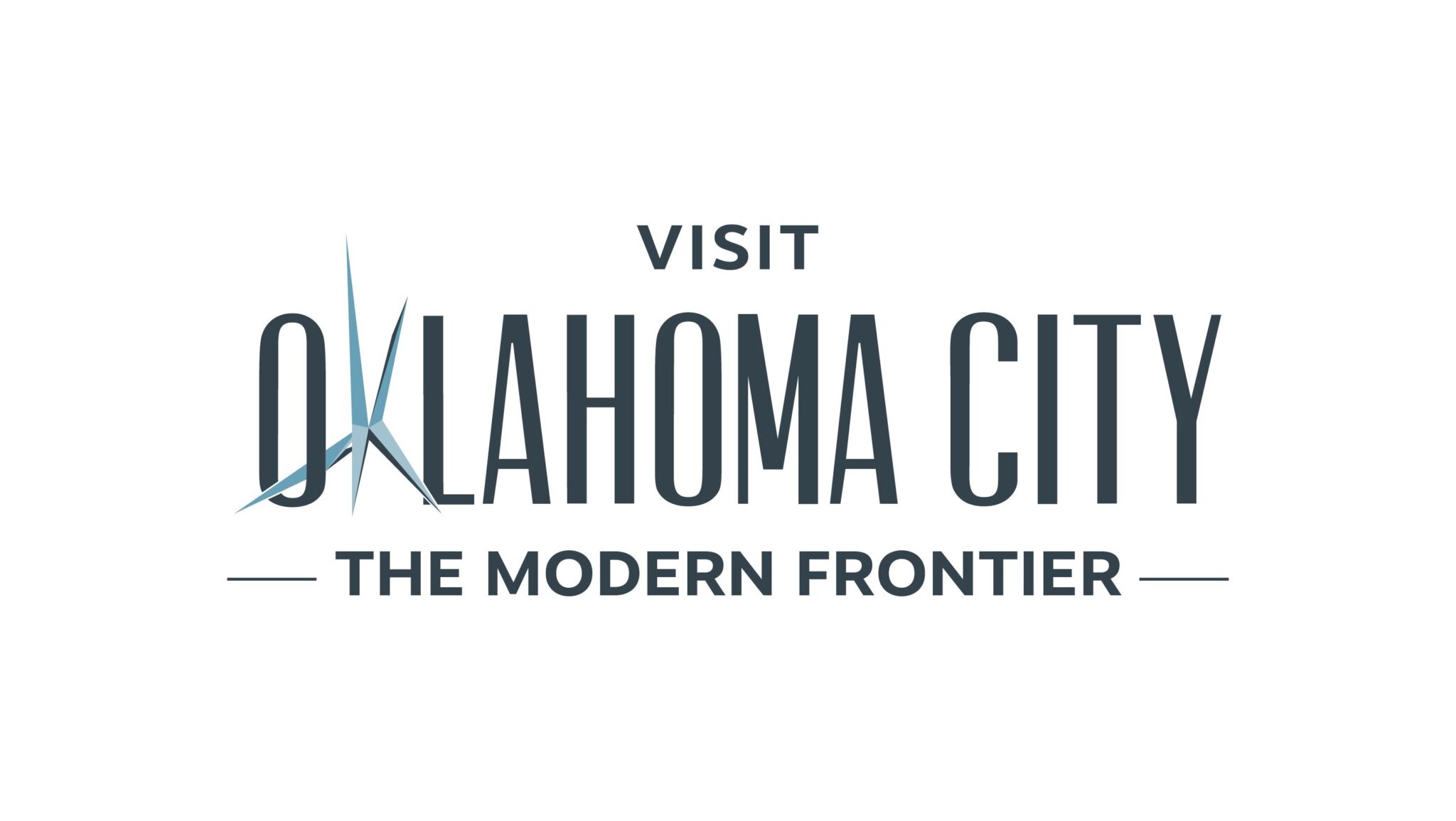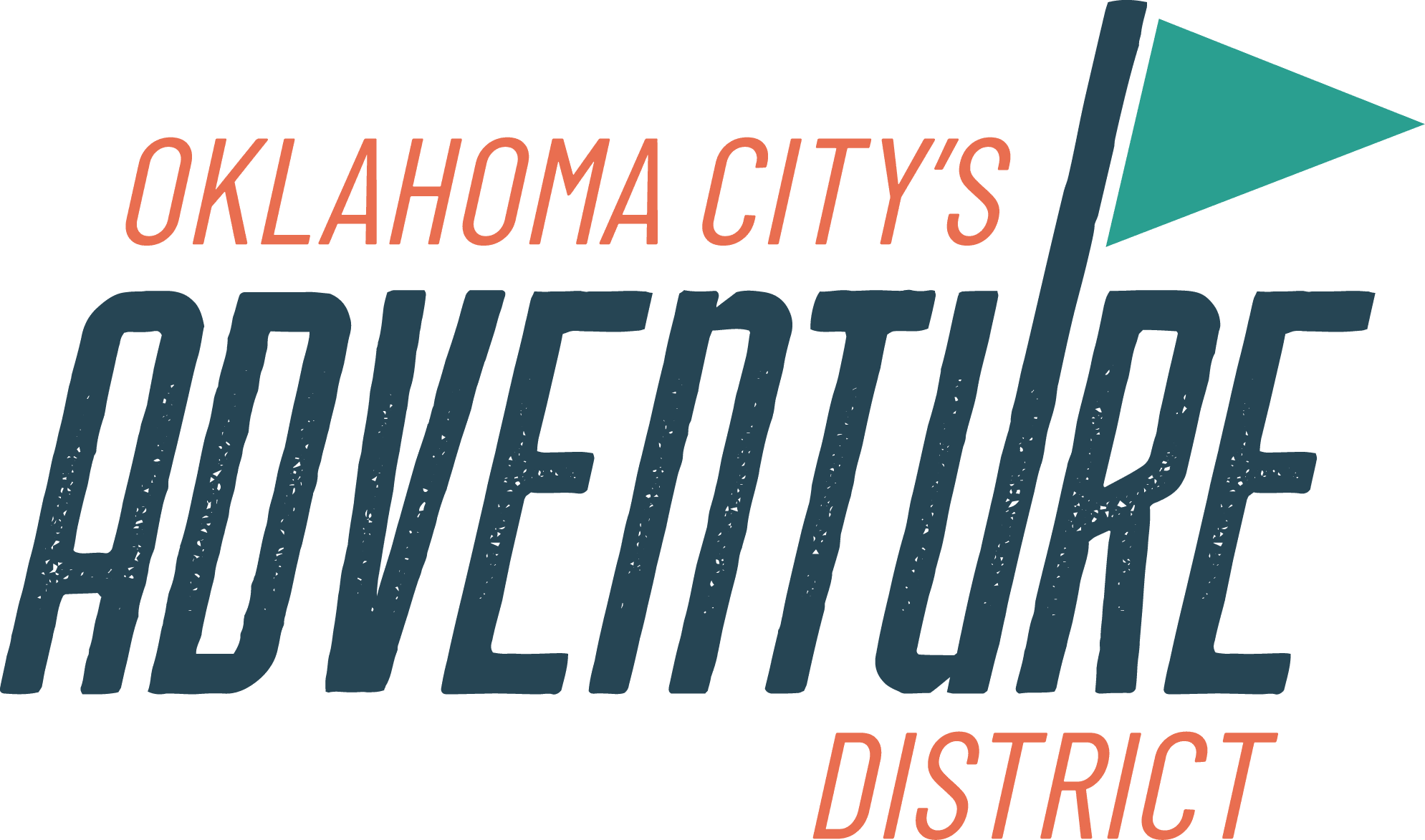James Robert Wills was born on March 6, 1905 in Limestone County near Kosse, TX. By late 1913, his family had moved 500 miles by covered wagon to Hall County near Turkey, TX, and, at age eight, ‘Jim Rob’ had discovered his love for horses, mules, ranching and rodeos.
The oldest of nine siblings in a family surviving on musical talents and cotton farming, Wills absorbed music from his heritage of champion fiddlers. He played fiddle and mandolin, and with playmates in the cotton camps, shared a passion for horns, rhythm, and the movement of rural blues. In addition to picking cotton, he performed at house dances with his family, and delighted in horse racing, training mules, and ‘all things cowboy.’
In 1929, he traded the Texas cotton fields and ranch lands for the city of Fort Worth and a wild, strange series of struggles and successes in the making of the man called Bob Wills. In time, he originated the legendary Light Crust Doughboys along with Milton Brown, Herman Arnspiger, and Truett Kimsey. He gained popularity as Bob Wills while working for his nemesis and sponsor, ‘Pappy’ Lee O’Daniel.
In the mid-30’s, Bob organized his own band and built a popular radio show in Waco. It was his next move that proved to be ‘his Glory Years.’ Bob moved to Tulsa, Oklahoma. From 1934 to 1942, powerhouse radio station KVOO became home to Bob Wills and his Texas Playboys, and their noon broadcast a veritable institution to its listeners. On New Year’s night 1935, Wills and his Texas Playboys debuted at Cain’s Ballroom and the venue was soon and is still known as “The House that Bob Built.”
Oklahoma became Wills gateway to the West Coast as he sold out dances across the Southwest and up and down the coast, appeared in parades and rodeos, in Hollywood’s Western movies and short films, and eventually moved to Los Angeles, Santa Monica, then Fresno and his Triple B Ranch, followed by Sacramento and his entertainment complex known as Wills Point.
In a career spanning five decades, Wills toured nationally. He appeared on Nashville’s Grand Ole Opry in December 1944. By 1950, he was back in Dallas for the opening of the state-of-the art Bob Wills Ranch House. In the early 60’s, he lived and worked in Las Vegas, headlining for the Golden Nugget. In 1963, he returned to Fort Worth.
In his long career, Bob wrote and/or recorded a prolific list of songs, including “Faded Love” and “San Antonio Rose.” Today, he is remembered as the “King of Western Swing” and credited for uniquely popularizing the American art form that combines jazz, blues, big band swing, mariachi, gospel, and frontier fiddle-music.
Ray Benson:
“Bob was a stylish western rogue. As outrageous as his on-stage dancing, hollering, and strutting were, he led the band in a presentation that was downright orchestral…and always electrifying.” –
An era in American history ended with the passing of Wills on May 13, 1975. He was the consummate performer, natural leader, entrepreneur, and gifted musician. His unconventional ‘holler’ and animated presence thrilled audiences in dance halls, over the radio and in Hollywood’s western movies. His energy lifted spirits when they needed lifting. His music made people want to dance. This talented boy from the cotton-fields who loved ‘all things cowboy’ is the evolutionary tale of an American treasure.
“a super-giant before there were super-giants…” New York Times Obituary
Today, his contributions and legacy continue to be recognized. Among his honors:
Country Music Hall of Fame – 1968
Texas State Resolution (Governor Preston Smith) Honoring Wills Contributions – 1969
Academy of Country Music – Pioneer Award 1969
Nashville Songwriters Hall of Fame – 1970
National Cowboy Hall of Fame – Western Heritage Award 1975
Western Swing Society Hall of Fame – 1986
Texas Western Swing Hall of Fame – 1988
Rock and Roll Hall of Fame – 1999
Texas Country Music Hall of Fame – 2000
Oklahoma Music Hall of Fame – 2001
National Fiddler Hall of Fame – 2007
National Recording Academy Lifetime Achievement Grammy – 2007
Texas State Resolution (Governor Rick Perry) Naming Western Swing as Official Music – 2011
Ken Burns “Country Music” Documentary – Episode 2 – 2019
Texas Cowboy Hall of Fame – Spirit of Texas Award – 2021
“To hear the music called Western Swing is to feel a connection to America’s West. To know the man who was its instrument is to admire one of our nation’s great agents of change. Not only did his music bring America to its feet but his view of and pride in being ‘Western’ evoked a now classic style. His talent for synthesizing sound into the music known as Western Swing translated to his equally contagious and innate sense for designing the image known as Bob Wills.” – Carolyn Wills, “Bob Wills,” Cowboys & Indians Magazine, July 2010
“His story is a great story…started by a great artist… whose willingness to try new things, to embrace creative freedom, and to demand that everybody who ever played for him give everything in every performance set him apart from every other musician and bandleader of his age.” – David Stricklin, son of Texas Playboy Al Stricklin
###
